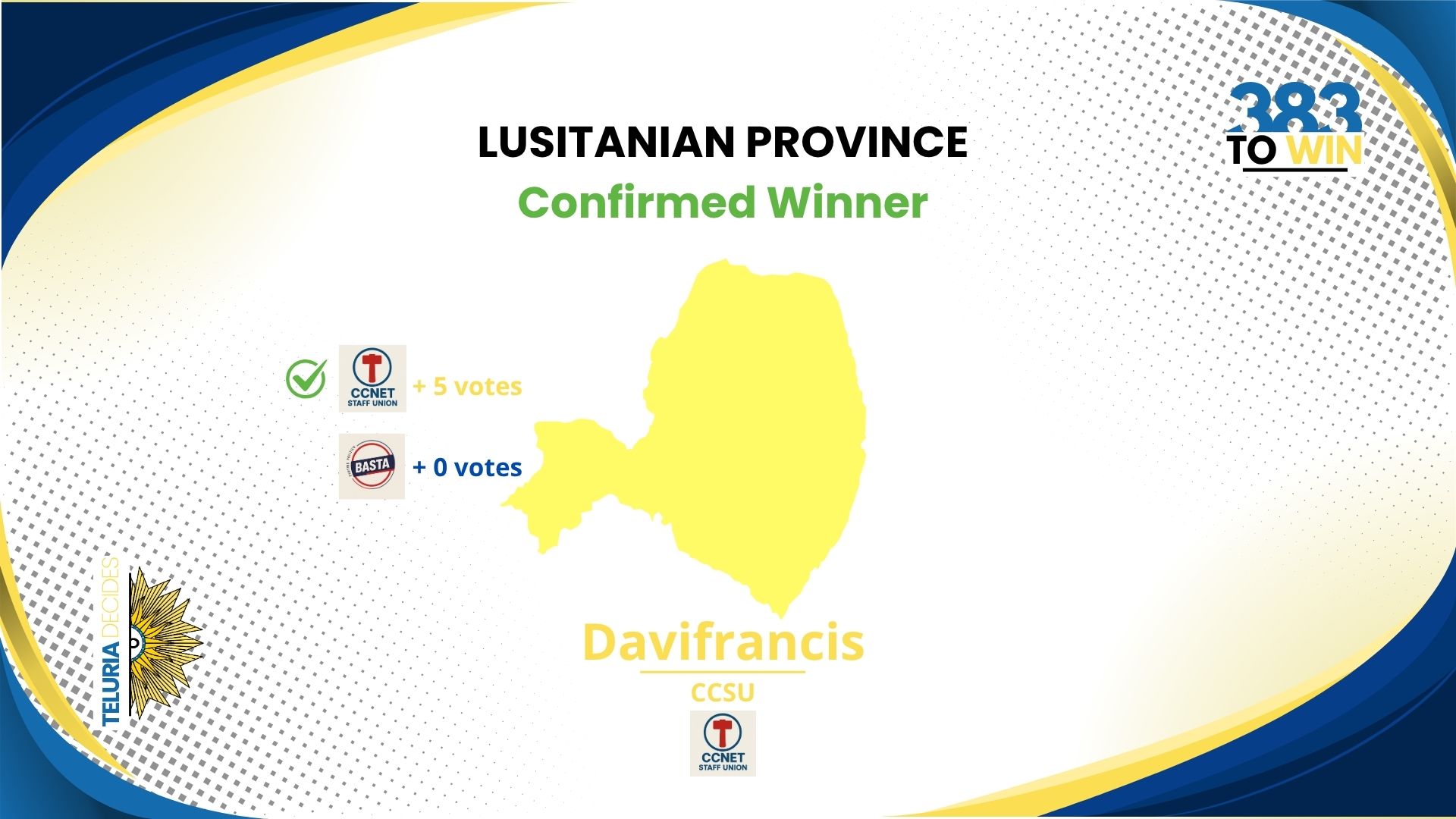Polarization and the Loyalty Vote System Shape Elections in the Telurian Federation
The Telurian Federation is entering a decisive moment in its short but eventful political history. With co-leadership elections held every 14 days, the nation has recently seen the rise of organized parties, sharp competition, and for the first time, a real sense of polarization. But beyond party rivalries, the mechanics of the loyalty-based voting system are what make these elections unique.
How the System Works
In the CCNet framework, each resident of a nation may accumulate up to 20 loyalty points. Players earn one loyalty point per day simply by logging in. When elections come around, these loyalty points are transformed into votes.
This means that:
- The total eligible electorate is measured by the number of residents in the Federation (for example, 383 in the second election).
- However, not all residents are active or choose to vote.
- Only those who cast their loyalty points participate in the election, which makes turnout much lower than the population figure.
- The final result is therefore a sum of loyalty points, not a headcount of people.
The Second Election: Francis vs. Davifrancis
The second co-leadership election — regarded as the first truly partisan contest — featured a crowded field of candidates: Francis (BASTA), DaviFrancis (CCNET Staff Union), SevenPlan, LavaLooter, Neolith, VectraVXR, Cravyc, Yakalandia and Kuriketo.

In the first round, Francis led with 147 loyalty votes (38%), followed by DaviFrancis with 88 (23%). The remaining candidates were eliminated, and a runoff was called.
At that point, although there were 383 eligible residents, only 37 players actually voted. Each had varying amounts of loyalty points, and in total they cast their accumulated loyalties between the two finalists:
- Francis (BASTA): 272 loyalty votes (52%)
- DaviFrancis (CCNET Staff Union): 255 loyalty votes (48%)
The razor-thin margin gave Francis and the BASTA party their first electoral victory, marking a shift of influence away from the long-dominant CCNET Staff Union.

The Third Election: New Grounds
Two weeks later, another contest was held. This time, the spotlight fell on FAKE4 (BASTA) and Atomic World (Cultist Workers Union).
In the first round, FAKE4 received 143 loyalty votes (43%), while AtomicWRLD secured 79 (24%). No other candidate advanced, setting up a second-round showdown between the two parties.
With 416 eligible residents, again only a fraction actually voted, but the results signaled a historic polarization. For the first time, BASTA faced not the Staff Union, but a rising competitor: the Cultist Workers Union.
A Nation Divided
What makes this election particularly consequential is not just the numbers, but who stands behind the parties.
- BASTA is composed largely of veterans from Floritânia who hold support with Eternal Maya (ETM), groups with deep roots and long-standing influence in the Federation.
- On the other side, the CCNET Staff Union and the Cultist Workers Union are supported mainly by members of the Cultist Lusitano community, who have quickly mobilized into a powerful electoral bloc.
This divide is now shaping the very identity of the Federation. The current runoff is more than just a contest between FAKE4 and Atomic — it represents two different old shaped legacies and two competing visions for the Federation’s future.

A Democracy in Maturation
The loyalty vote system, with its unique mechanics, ensures that elections in the Telurian Federation are not only about population size, but about daily activity, commitment, and party mobilization. Parties that can rally their base to log in and accumulate loyalty points have a clear advantage.
Observers note that the close results and the formation of rival party blocs suggest an increasingly competitive and divided political environment. The ongoing runoff between FAKE4 and Atomic can be described as one of the most consequential in the Federation’s history.
Regardless of the final outcome, one fact is clear: Teluria has entered a new era. With active parties, strategic campaigning, and the loyalty system at play, its politics will be more contested, more polarized, and more dynamic than ever before.
Article by Davifrancis
Last edited: about 1 month ago x 1


